
Write what you are looking for and press enter to begin your search!

Live News
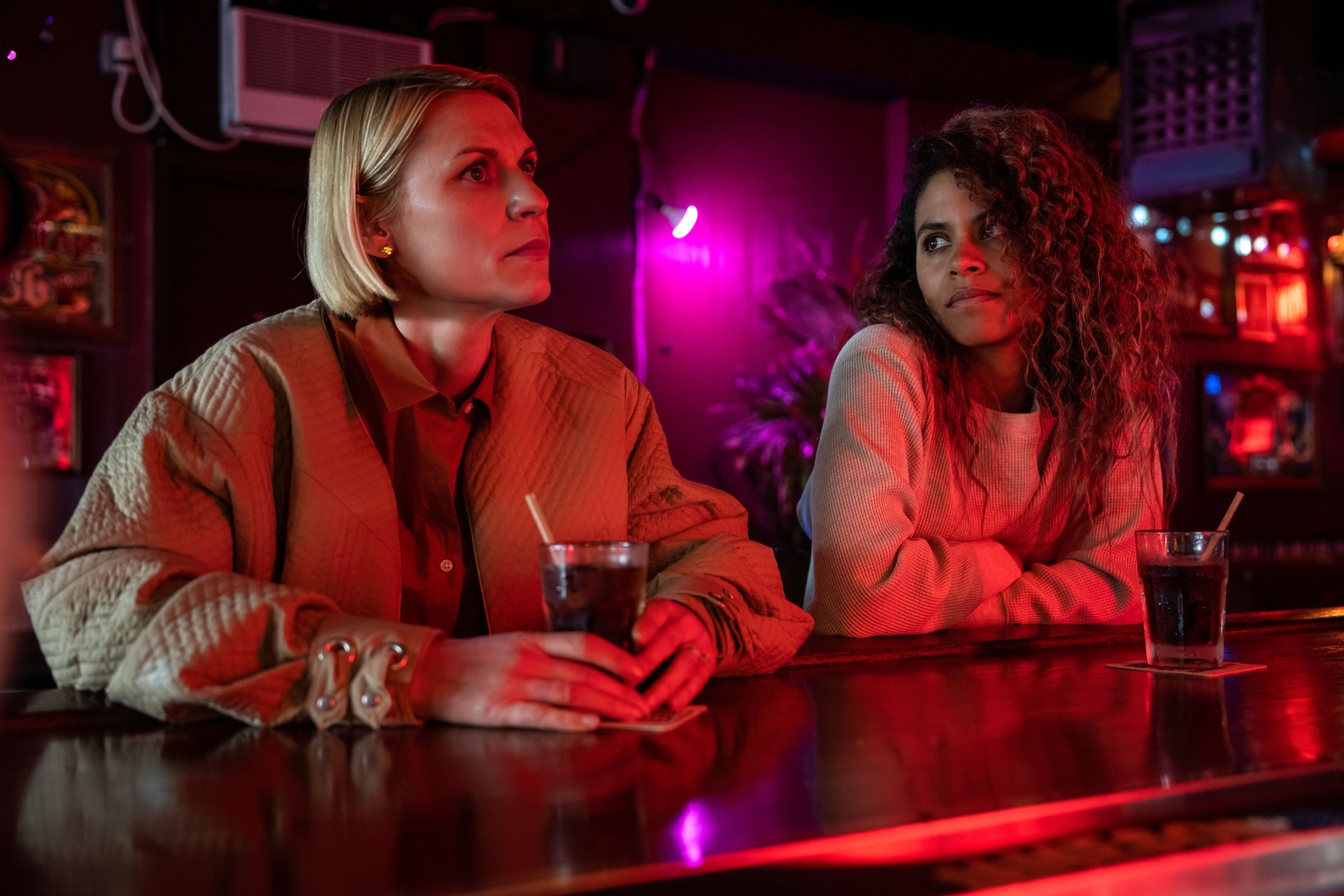

Kidnappings, Smartphones, & Kids Oh My! Steven Soderbergh On His New HBO Mini-Series Full Circle
Steven Soderbergh is a legend if you just look at his varied career. From Sex, Lies, And Videotapes to Contagion and The Informant, from Ocean’s Eleven to Logan Lucky, his range knows no bounds.
His latest work? A six-episode drama called Full Circle which features a kidnapping plan gone wrong, and how it comes around with its ensemble cast of Tim Olyphant, Claire Danes, CCH Pounder, Dennis Quaid, and Zazie Beetz. That’s a lot to work with, but together with longtime work partner Ed Solomon, the show is sure to be one captivating mini-series; we saw a majority of it and it’s definitely worth talking about for weeks to come.
We talk to him extensively about why he wanted to do the show, and how was it like trying this format rather than a full-length feature.
Steven: Well, this is a result of spending too much time around one person. In this case, that would be Ed Solomon. So we worked on Mosaic, and we were starting to talk about No Sudden Move. Ed Solomon, in terms of ideas, is kind of the guy at Times Square with the jacket and all the watches.
Like he’s always got lots of ideas and he’s always pitching things. But when he described his desire to blend a story that he’d read 20 years ago in the paper about an insurance scheme that was happening out in Queens here in New York, where people were being murdered for insurance premiums, with a variation on the premise of the Kurosawa film High and Low, where there’s a kidnapping that goes wrong. That sounded interesting to me.
I said “Okay, this one’s interesting”. Let’s pursue that. So he just started writing and started researching and talking to people. He’s doing this all on spec. It’s this epic sprawling thing and he would send me a lot of pages to read. And I would read them and give notes and send them back. And we sort of went through that process repeatedly until we felt like we had something that was readable.
And we turned it into the studio and they greenlit it immediately, which is by any metric a positive result. But in this case, it was a little alarming because I felt we were still trying to find it. And so the good news was at that point, we’ve got other people involved to kind of help us navigate where the heart of this thing is. Because the danger in pieces like this is you get overly fascinated by the filigree and you kind of lose sight of the spine of it.
And so in this case, the spine was really the question of “if I told you I was going to give you a million dollars for pressing this button and somebody’s going to be hurt, but you don’t know who they are. You will never meet them and they’re on the other side of the world. What would you do?” That’s just reminding ourselves, that’s what we’re doing here.
It’s about that question of what it’s about karma. It’s about your character. And so that appealed to me because what Ed’s very adept at is creating stories that on a surface level are very active and very accessible but have a sort of subterranean aspect that prevents them from being single-use plastic. They’re not things that you can watch and just forget that you saw them. So that was very appealing to me. This is all of those things. And the fact that Ed is Ed: he’s a nice person. He’s funny. He’s intelligent. He works really hard. We had this envisioned initially because it grew out of conversations at the end of Mosaic. We were going to do a six-episode linear broadcast version.
And then we were going to do, unlike Mosaic, a completely different version shot in a completely different way that was going to be a branching narrative app version that was 170 pages. And it was supposed to be shot at the same time. And I met with Ed. He was in London. I was shooting Magic Mike’s last dance and we sat down to lunch and I said, Ed, I’ve got to tell you something. This is physically impossible. I go, I like to work fast. I go, I cannot shoot. The six episodes are 400 pages long. I can’t shoot 570 pages on a schedule that’s aggressive just for a six-episode show, I can’t do it. I’m telling you, I can’t do it. We have to throw that stuff away.
He was silent for about six seconds and he goes, I get it. We threw all that out. He’s the hero here.
20 years ago, 20 plus years ago when we made Traffic, that sort of sprawling connectivity felt like you were looking behind the curtain a little bit and making realisations of how we are all connected that weren’t so obvious. I think today, that’s not true. I think today our experience of the world is much more explicitly connective.
It’s not unique to come up with a story in which the ramifications of the actions are ricocheting around and you follow them. That I just think feels more like life than a piece in which you just follow a single person’s experience. The trick now is unfortunately these [shows smartphone].
[Smartphones are] the problem. This is what makes a filmmaker crazy. You used to be able to milk somebody’s lack of information for a little while to create tension. Now you’re screwed. Everybody can find out everything immediately.
How do you keep these balls spinning? I think 20 years ago you could have made 10 episodes out of the show. But now with the technology that exists, we were really trying to get it to six. A couple of these episodes are 40 minutes. It’s because everybody knows everything all the time. It’s just harder.
Steven: I think the biggest difference is in the idea. I mean, ask yourself at the beginning, is this the best expression of this idea? Is it a movie or is it a show? And I think you have to be really clear about that. I see some shows that I feel are not necessarily that they should have been movies, but that they feel had it, they feel longer than they need to be. So maybe it was an idea that was bigger than a movie, but maybe it didn’t need to be 10 hours.
And so that’s, I think you got to be very clear whether this is a movie idea or is it a series idea or a show idea. This was Ed’s description to justify six episodes. Like there was enough narrative and a gallery of characters that we really benefited from the time that you have if you are making something that is six hours instead of two hours. And also, I have to say, making The Knick, I just really loved having a canvas that big.
The Knick for me was my opportunity to make Berlin Alexander plots, which is one of my favourite things ever. I thought, wow, how many chances am I going to get to do something on this scale that really is justified? But there are some ideas, as soon as you hear them, you go, that’s a movie. That’s two hours. That’s a movie; Logan Lucky is an example of that. Logan Lucky doesn’t work at anything longer than what it is. And I think artists, and creators who come up with ideas need to have very, very frank conversations with themselves about what’s the best format for this.
Steven: I think it’s just judging when things are coming at me. If I have an idea, for instance, or if things are coming at me, how long it takes them to develop into something that can be shot. That’s not a very predictable linear process. It’s not one that I try to control. I work on them as they come to me. For instance, on Full Circle, as you can imagine, this was quite an undertaking for Ed. He would be sending me pages. I would send them back. I was waiting for it to become a baby. I don’t really have a rule.
It’s certainly more fun for me if there’s some variety in terms of the projects. The fact that I ended up making several movies in a row was purely happenstance, but they were all so different that I wasn’t consciously thinking like, oh, I want to get out of movie mode and back into series mode. I imagine it might just come out. I was moving, this is a series. I’ve got a secret mystery thing that’s going to appear shortly that I haven’t talked about that is not either one of those things. I’m surfing and riding whatever wave looks like it has potential.
Steven: This was such a great opportunity to work with people I’ve been following for such a long time, Claire, I remember watching Claire on My So-Called Life, I mean I’ve been watching her since she started, Tim Olyphant, when I saw him in Go, I went like “I like that guy!”, and so he’s been on my list. CCH is somebody that I’ve been watching for a long time and has also been on my list and then there’s this group of young actors that I just had such a blast working with.
Steven: There was one storyline that after we looked at the whole thing quickly when we wrapped, we wrapped just before Christmas of last year. And then just before New Year’s, I posted the whole show for the Brain Trust and for the studio. And we immediately fell into a really intense conversation about what changes we wanted to make and we had to move quickly because the cast was all flying off the four corners of the planet to do their next job. So we had to work really, really quickly. And so we ended up pulling out one fairly significant narrative thread and filling it in with material, most of it involving Garmen (Phaldut Sharma) and Javier (Sheyi Cole) because I was really interested in this relationship, this dynamic. And CCH Pounder because she’s sort of the nodal point for the two of them.
So a lot of the new material that we shot in January and February was centred on that storyline and this issue of loyalty, which was kind of nascent in the first cut, but that Ed and I felt really needed to be pushed more. And the fact that Garmen sort of identifies Javier as being the only person in this group that seems to have their shit together. And then Javier comes to understand that and you wonder, you begin to realise Javier is lying to people, but why is he lying to people? Like what is his end game here? And so we really focused on that. We wanted that to become a main narrative strand.
I don’t think so, my experience of the two is that no sudden move felt like something that I had a very clear… I really had my arms around it. It was a room of a very specific size with a certain kind of furniture in it. That felt very sort of prescribed in a good sense. Full circle, I felt it was like chasing six cats. I never… until very, very late in the process, I never felt like I had my arms completely around it. I really didn’t. I was constantly sort of challenging it and going to Ed and saying, I’m worried about this. I’m worried about that. I’m worried this isn’t clear. I’m not sure I believe this.
I like all the things I’ve done in recent memory. I was harder on this and challenging it and ourselves more than I had in a while. Just because I felt like we had such a great opportunity and we have… I have everything that I need. I’ve got to make sure we’re stress-testing all the aspects of this. There were a lot of aspects. Like I said, as the show exists now, and I don’t know how many episodes they sent you guys, there are currently in the show two original sins, essentially. There used to be three. One of the ways in which I was challenging this when we saw the first cut altogether, that the third original sin is just one too many. We’ve got to distil this thing. For a while, it was actually… To the studio’s surprise, when I gave them the first cut just before New Year’s, it was seven hours, seven episodes. That threw everybody into a kind of tizzy because you got to restructure all the actor deals. It’s not just, oh, it’s seven episodes.
There’s a real practical ramification of a show that’s now seven episodes. Within 24 hours, it was back to six. We were already discussing how we were going to recalibrate it. We did more work while we were shooting and after we were shooting on this than anything I’ve made. The fun part is I like cheating.
I like the movie Magic Park. What makes me smile is there are scenes in which we went back and did things, shots that go in the middle of a scene that were shot three months later that are completely seamless. Just to get in a couple of lines to make sure a certain narrative thread was clear. We had to go back, get everybody together and shoot a shot or two that went in the middle of a scene that had already been shot months before. I love that stuff. I love reshoots. I don’t know why people that are viewed as people don’t call it reshoots. Call it additional photography. I’m like, I don’t care.
Why wouldn’t you want to go back and fix things that you see need to be fixed? What are you like, well, that’s like talking to somebody, I only publish first drafts. I’m like, so what? Who cares? What is that proof?
Full Circle is out now on HBO Go.
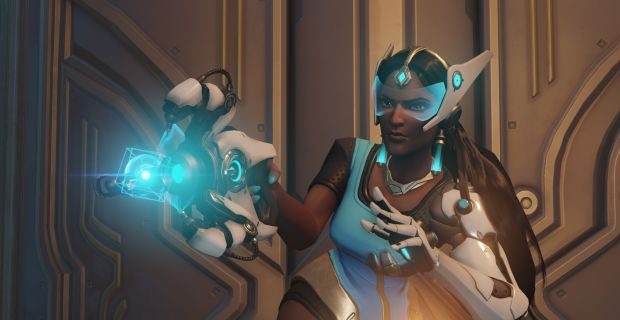
By Team KKP|June 28, 2018
Huge changes dropped for Overwatch yesterday, most notably Symmetra's full kit overhaul as well as several other heroes' Ultimate rework. For those wh...
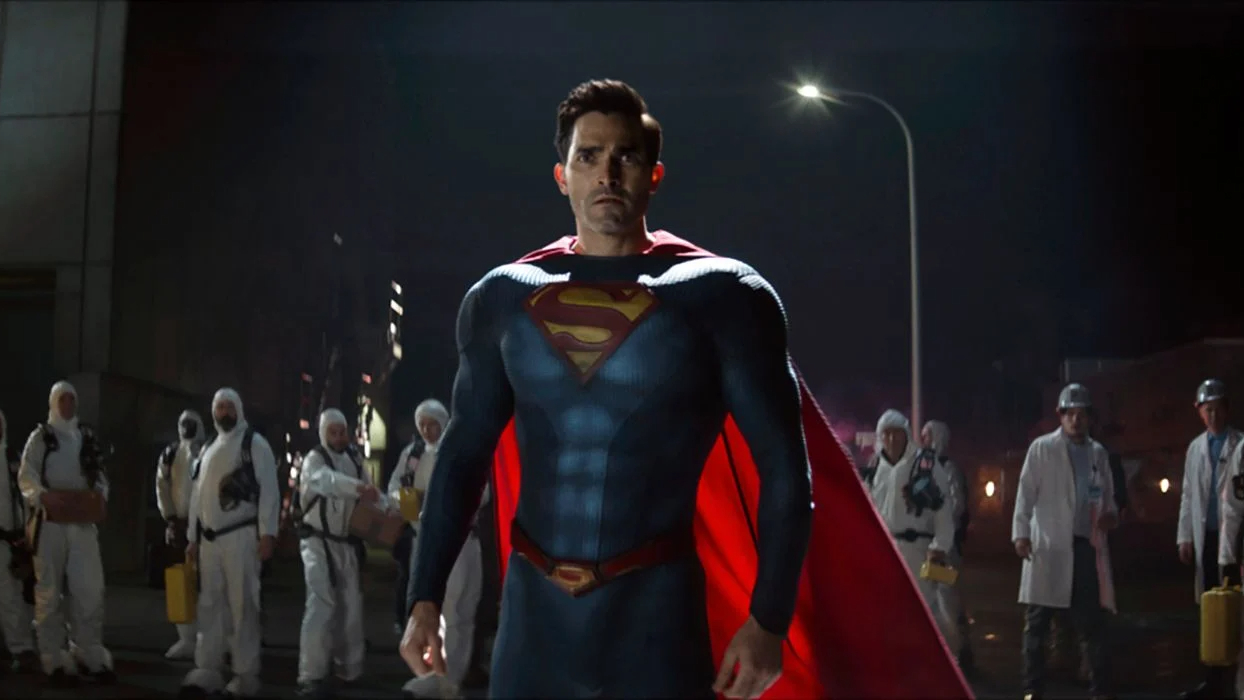
By Alleef Ashaari|February 24, 2021
Superman. Truth, Justice and the American way. Anyone who says Superman is boring has clearly never read a comic book. He's not as perfect as everyone...
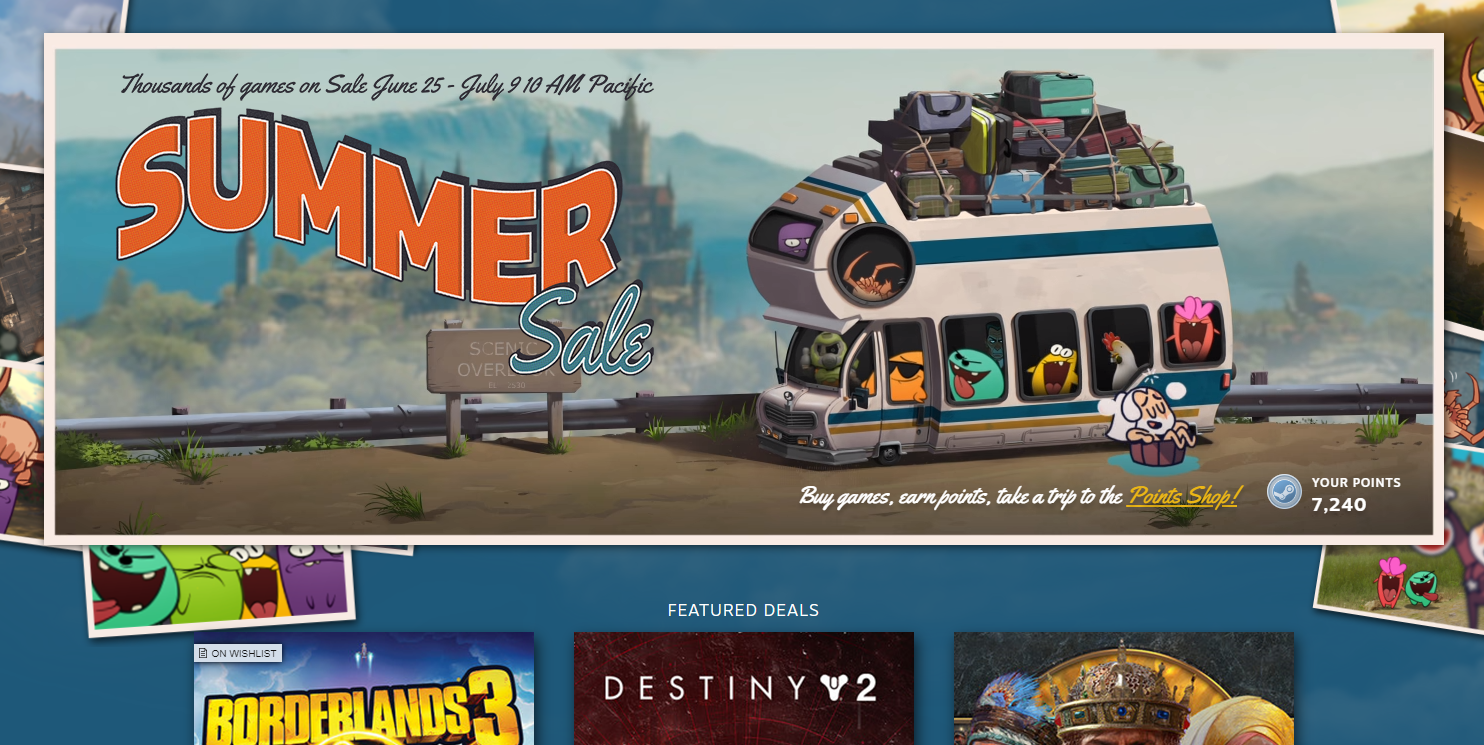
By Team KKP|July 5, 2020
Originally published on 26th June. This article will be updated periodically, at least until the sale is over. Another year, another Summer-themed St...

By Mr Toffee|February 2, 2024

By Team KKP|July 1, 2023
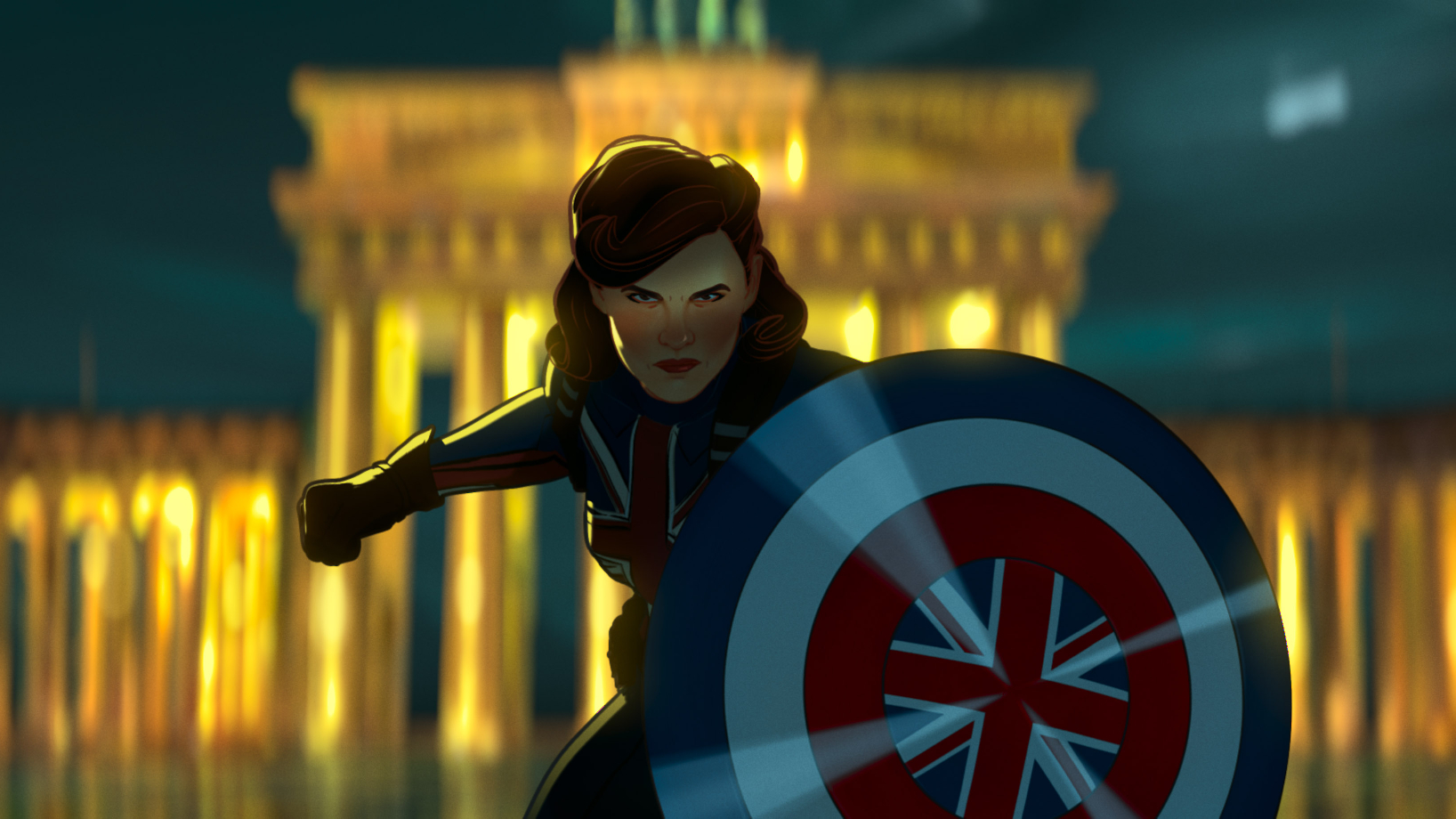
By Alleef Ashaari|August 2, 2021
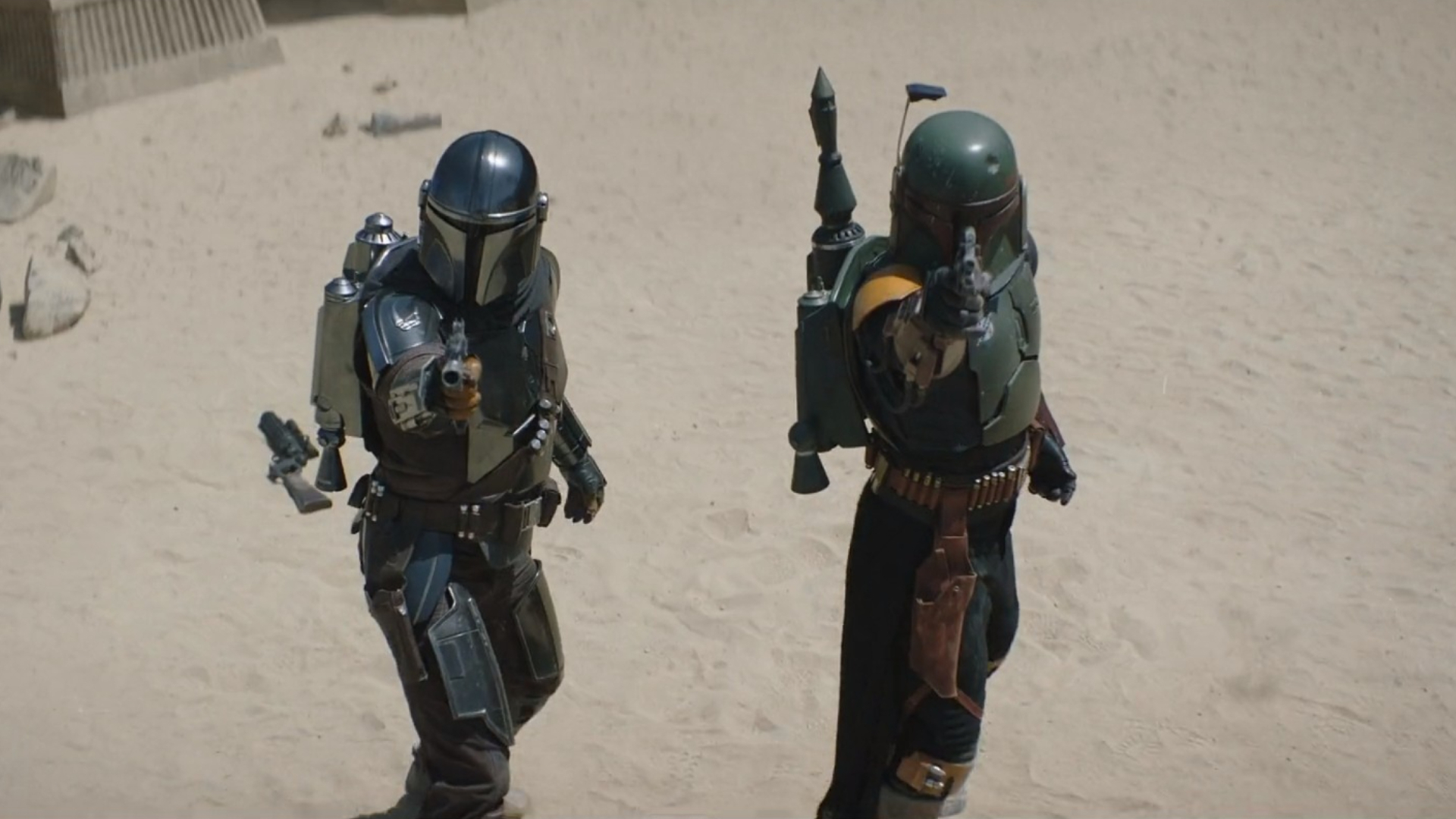
By Alleef Ashaari|February 9, 2022

By Mr Toffee|February 2, 2024

By Team KKP|July 1, 2023

By Mr Toffee|February 2, 2024

By Team KKP|July 1, 2023
Copyright @ Kakuchopurei 2024